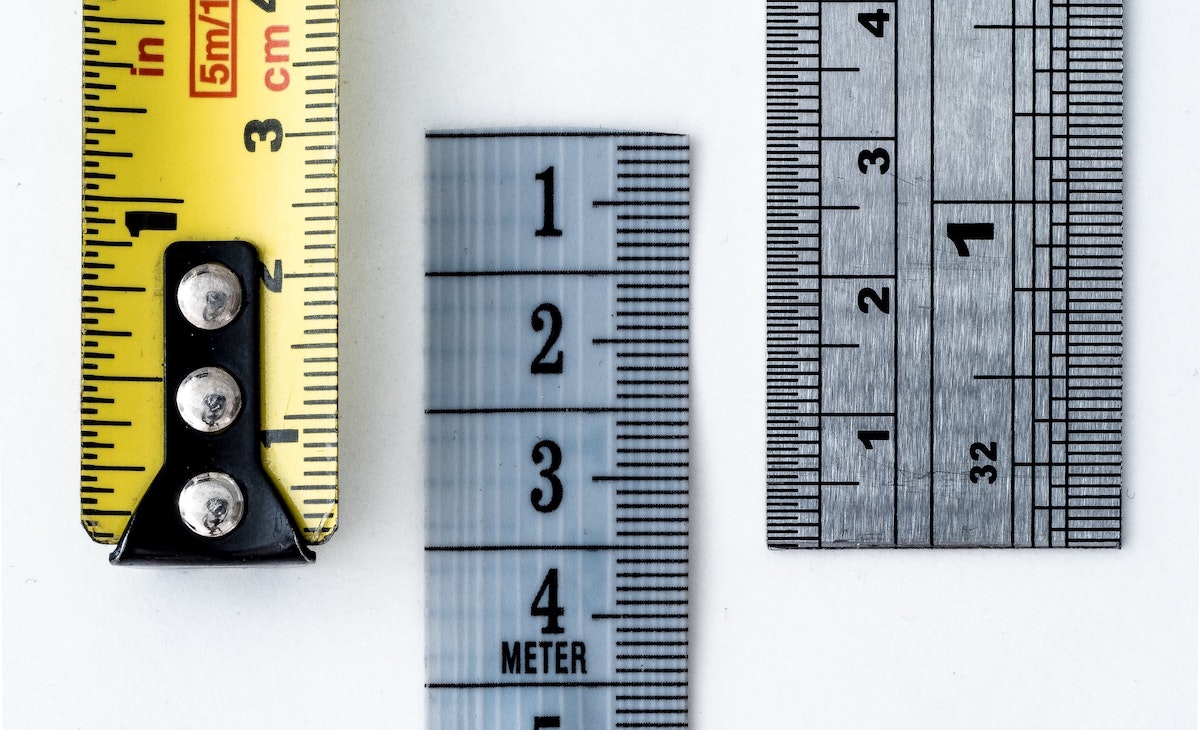For effective goal-setting, it’s important to set measurable goals. Otherwise, how would you know if you are successful?
A quote that gets thrown around is, “What gets measured gets managed.” This seems to support that you can’t manage them or reach them if you don’t measure your goals.
This is a common misconception. The original quote highlights the danger of measuring. Goodhart’s Law, as generalized by Marilyn Strathern, says, “When a measure becomes a target, it ceases to be a good measure.”
When a measure becomes a target, it ceases to be a good measure.
Perhaps, it’s helpful to separate “Goals” and “Indicators.” Goals are the outcome, and they are often difficult to measure. Indicators are things that tell us whether we are successful. Goals are the highest level objective, and indicators are the proxies for the goals.
Take an example of “I want to be in better health” as a goal. Your indicator for success could be “losing 10 pounds.” However, this is not an ideal indicator as you can game the scale. By drinking less water, eating fewer carbs (which holds onto more water), or losing muscles, you may achieve the target weight.
This happens across categories. In performance marketing, your indicator for better performance could be driving higher conversions from channel X. However, instead of driving more users, you could be getting more users attributed to the channel. This means the overall number of users acquired stays the same, only that the mentioned channel gets ‘more credit’ than before. This doesn’t help with the business.
So how do we set better indicators?
By being thoughtful about what it is exactly that you want to achieve. Ditch the hackable metrics.
What is the main goal of improving health? Is it to fall sick less often? Be more alert? Improve your happiness? How about the marketing example above? It should be something that contributes to the business. Does the channel improve that?
Get to the bottom of your goals. Ditch the vanity metrics. Always remember your goals, and use indicators as a means to an end.
